In preparation for my CIA dinner in a few weeks I picked up Michael Ruhlman's The Making of a Chef (as well as The Reach of a Chef, his new one) from the library. I didn't expect it to be a gripping page turner that had me also laughing out loud and sighing in recognition, but it was. To wit:
(And I keep turning this one over in my mind, because it's an intellectualization of cooking I admire): ..."Caramel is a really complex action of sugar. When it starts to caramelize all sorts of molecular things happen....[when you eat raw caramel, versus raw sugar] it's sweet, but there's something else going on in there. It's differnet, more complicated. Maybe there's vanilla flavors, maybe there's spicy cinnamon flavors; you can get all these different flavors that occur when they start to caramelize..." (33)
"You can't eversend a product out of it's not right...It doesn't matter how busy you are. Your reputation is on the line every time you send a plate out. If you get into the mindset that I don't care what it looks like, I'm too busy, just take it out, maybe they won't know the difference, then that's the kind of restaurant you'll work in the rest of your life. You'll never work in a really great restaurant and you'll never be a really great chef...Because that's the mindset of a mediocre chef:I'm too busy to do it right; get it out of my face!" (52)
"As I listened ot Mr. Metz speak I sensed--as I had sensed in every kitchen I'd attended at this school--that how one cooked potatoes was a link away from a moral value judgment. Mr. Metz had told me one puts one's values on the plate; in fact, he suggested that this was the final and distinguishing element one beought to the basics of cookery." (274)
"In baking, there were so many things you had to be able to see that weren't visible--moisture in the air, yeast, the components of flour. You never heard a cook complaining about how humnid it was in the kitchen. If a consomme wasn't clear you could fix it by making a new clarification, this time with more acid and protein. Baked stuff was harder to fix. The pressure in baking was all beneath the surface, within the crust, and would remain there until you hit the thermal death point. If the pressure ever became visible it was too late. If you scaled your dough right, you were fine, but if something was out of balance, what you had on your hands was a disaster, because there was not time to mix, ferment, scale, rest, shape, proof and bake more. The pressure here came from within and, in a bakeshop as in bread, the secret was to create and maintain that pressure" (198-199)
"A whole system of gears is gradually ratcheted in and, suddenly, it engages. And there it stays, in the kitchen and out, no matter where you are. The experience is difficult to describe...Something clicked and you knew everything that was happening in the kitchen. Some people called it kitchen sense. It's like something living that jumped inside you. A physical correlation might be this: you are carrying several heavy pieces of luggage through O'Hare Airport, walking as fast as you can to make a plane. You step onto an empty moving walkway--you are walking just as fast as you were, but, suddenly, space and time fly over you at double the rate and
with ease" (293) and for what kind of person is this life the only option?
CIA should be fun, if 8 years late. I think I have a longing to have gone to CIA but why? Just to spend 2 more years in po-town? I likely would have just hung out with Jes and Steve if I'd done so. Because it's supposed to be the best? Because I love the Hudson Valley? Because I know that I'm less of a chef having gone to 9 months of school even if Delphin was amazing?
Thursday, January 04, 2007
Subscribe to:
Post Comments (Atom)
.jpg)










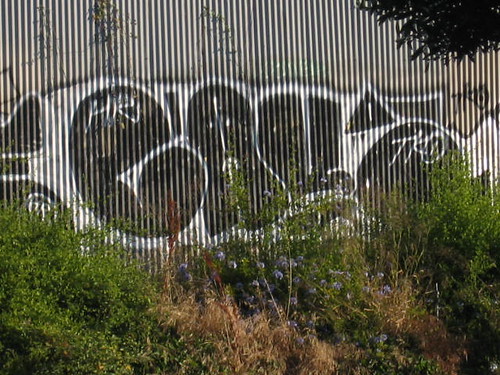
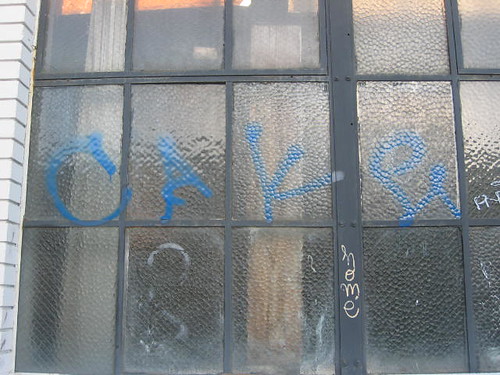
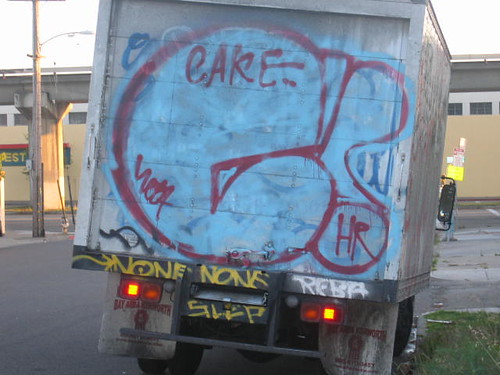
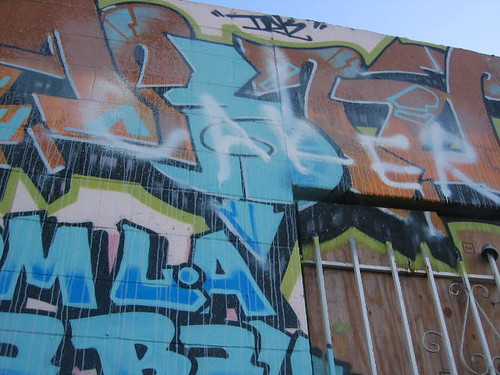
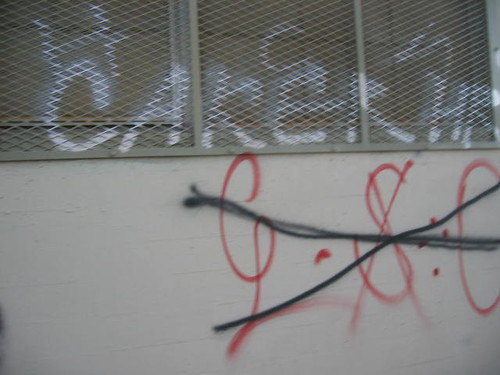
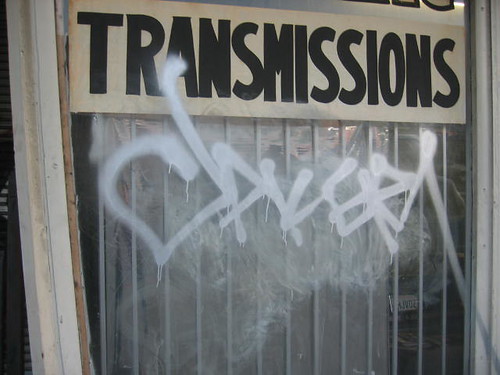

No comments:
Post a Comment